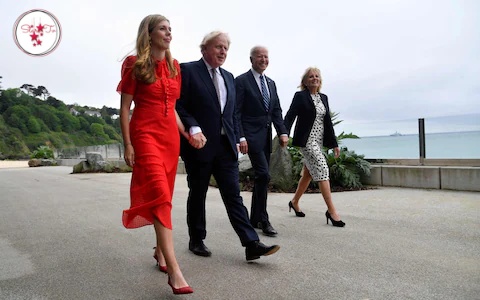Thousands flee twin offensives in Afrin and Ghouta (Syria War)
As many as 50,000 people have fled separate offensives against rebel forces in northern and southern Syria in recent days, activists say.
About 30,000 have left the northern town of Afrin as Turkish forces and their allies stepped up a siege.In the Eastern Ghouta region outside Damascus, some 20,000 have left areas targeted by Syrian government forces.
The mass movements come seven years into a war which has driven nearly 12 million people from their homes.
At least 6.1 million are internally displaced while another 5.6 million have fled abroad.
Afrin, a city populated mainly by ethnic Kurds near the frontier, has been under bombardment from the air and the ground by Turkish forces and their local Syrian allies.
Some 30,000 people have fled the city and nearby villages, according to the Syrian Observatory for Human Rights, a UK-based monitoring group. They headed towards villages held by Syrian government forces.
Hundreds more families left overnight as shelling continued, the Observatory says. with 18 civilians killed by Turkish shelling.
Turkey is targeting the Kurdish People's Protection Units (YPG), a militia that it regards as an extension of the Kurdish rebels on its own territory.
Turkish President Recep Tayyip Erdogan told a gathering in Ankara that his country would not stop until its mission to capture Afrin had been completed.
"The European Parliament is apparently going to ask for the Afrin operation to be stopped," he said.
"There is a lady [EU foreign policy chief Federica Mogherini] there who is responsible for [EU] enlargement. She is said to make such a request. Don't get your hopes up, we will not leave there until the job is done. You should know this."
According to the Observatory, nearly 20,000 civilians fled rebel-held areas in the Eastern Ghouta on Thursday as the government advance continued.
Pro-government forces are believed to have recaptured 70% of the region after three weeks of intense fighting against rebels there.
At the same time, 25 lorries carrying food aid entered the Ghouta town of Douma but the International Committee of the Red Cross (ICRC) said the aid was just a fraction of what was needed.
ICRC president Peter Maurer said after visiting the region that people there were exhausted by the fighting and the lack of food and medicine.
"I'll probably remember the boy who approached me near the streets of Eastern Ghouta asking whether I had a small bottle of water which illustrates how dire the situation is," he said.
"In many other places of the world when I come to situations like the one I've seen in Eastern Ghouta it's normally the additional sweet that is requested. Here it's basics."
The crushing of the rebel enclave outside Damascus would be a major victory for President Assad.




.jpeg)

.jpeg)



